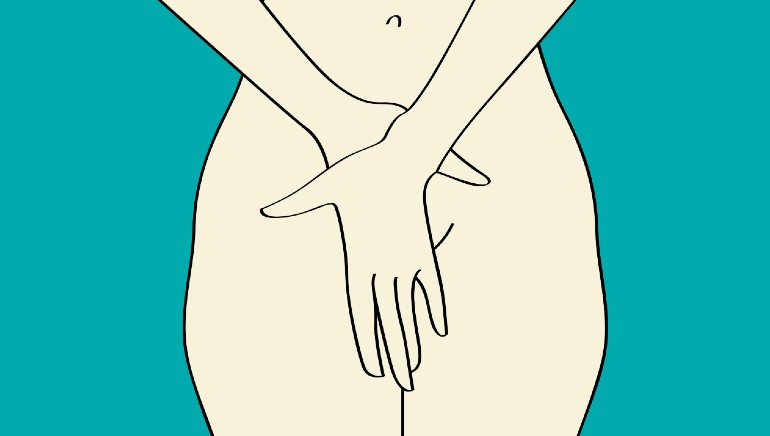Back
Understanding Vaginismus: Causes, Symptoms, and Effective Treatments
By Shannon Strauch, PTA, STMT-1 on 9/14/2023

Vaginismus is a condition characterized by involuntary muscle spasms in the pelvic floor muscles that surround the vaginal opening. These spasms make penetration, whether during intercourse or a medical examination, extremely painful or impossible. The exact cause of vaginismus can vary, but it can stem from psychological factors such as fear, anxiety, or past traumatic experiences, as well as physical trauma or injury. Understanding the condition is crucial to dispel myths and misconceptions, promoting empathy and support for those who suffer from it.
Symptoms of Vaginismus
Recognizing the symptoms of vaginismus is the first step towards seeking help and finding solutions. Common signs and symptoms include:
Painful penetration: Attempting intercourse or inserting tampons, fingers, or medical instruments can lead to severe pain and discomfort.
Involuntary muscle contractions: The pelvic floor muscles tighten involuntarily, making vaginal entry difficult or impossible.
Fear or anxiety: A strong psychological component often accompanies vaginismus, causing anxiety or panic attacks when attempting penetration.
Avoidance: Many individuals with vaginismus may avoid any situation that could lead to penetration, affecting their personal relationships and overall quality of life.
Causes of Vaginismus
While the exact causes of vaginismus can vary from person to person, several factors are commonly associated with this condition:
Psychological factors: Anxiety, fear, past trauma, or negative sexual experiences can contribute to vaginismus.
Physical factors: Infections, medical procedures, or certain health conditions that cause pain during penetration may lead to vaginismus.
Relationship issues: Strained or unsupportive relationships can exacerbate vaginismus, creating a cycle of emotional distress and physical symptoms.
Treatment Options
The good news is that vaginismus is treatable, and there are various approaches available to help individuals overcome it:
Pelvic floor physical therapy: Working with a trained physical therapist can help individuals learn to relax and control their pelvic floor muscles.
Education and counseling: Understanding vaginismus and addressing any underlying emotional issues through therapy can be incredibly beneficial.
Dilators: Graduated dilators can be used to gently and progressively stretch the vaginal muscles, helping to reduce pain during penetration.
Breathing and relaxation techniques: Learning to relax the body and mind through techniques like deep breathing can be an effective part of treatment.
Medications: In some cases, medication may be prescribed to alleviate pain or anxiety associated with vaginismus.
Living with vaginismus can be emotionally challenging, but it's essential to remember that you are not alone. Building a support network is crucial, whether it includes understanding friends and family or seeking out support groups and medical professionals such as your Pelvic Floor Physical Therapist. Additionally, self-care practices, mindfulness, and communication with your partner can help in the healing process. Vaginismus is a treatable condition, and with the right support and guidance, individuals affected by it can find relief and regain control over their bodies.
If you’re experiencing pelvic floor dysfunctions associated with the issues above, including vaginismus, please reach out to us at Pelvic Health Center in Madison, NJ to set up an evaluation and treatment! Feel free to call us at 908-443-9880 or email us at receptionmadison@pelvichealthnj.com
Read More:
Fascial Counterstrain of the Musculoskeletal System By Shannon Strauch, PTA, STMT-1 on 10/21/2024 How treating cartilage and fascia can help reduce joint pain and improve organ function The Impact of Long-Distance Cycling on the Pelvic Floor: Pudendal Nerve and Pelvic Dysfunction By Dr. Christine Martirez PT, DPT on 10/18/2024 Learn how long distance cycling can impact the pelvic floor
Are you ready to live pain free?
Request An Appointment